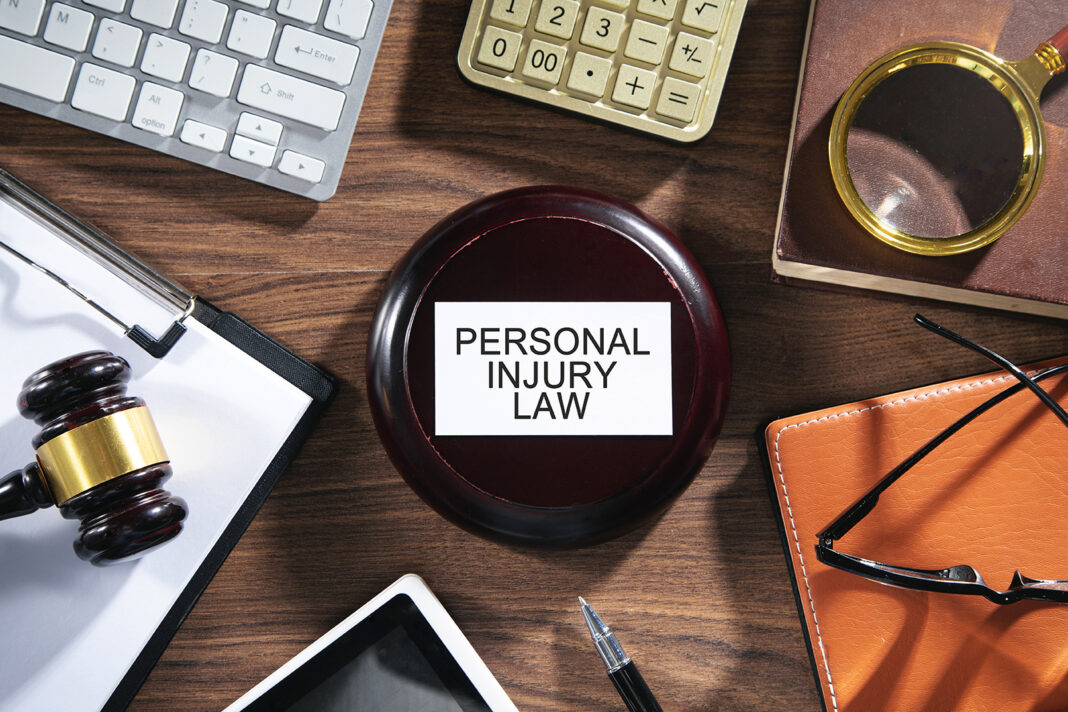If your personal injury claim is denied, review the denial letter for reasons. Gather additional evidence, such as medical records or witness statements. Consult an experienced personal injury attorney to assess your case and explore legal options. You may file an appeal or consider negotiating a settlement with the insurance company.
Dealing with the aftermath of a personal injury can feel like a lot to handle all at once. It can be especially disheartening when your claim gets denied. This adds to the stress, but having a grasp of what comes next and how to navigate through it can give you the power to transform setbacks into new chances. Speaking to a Naples personal injury lawyer during this time. This guide aims to offer advice for anyone facing the challenge of a rejected personal injury claim.
Exploring the Causes of Rejection
Understanding the reason behind a denied insurance claim is essential before proceeding to resolve it. Insurance companies usually give explanations for denials. Reasons can vary from lack of supporting evidence to missing deadlines. At times, disputes may arise over liability or the severity of injuries. Examining the letter thoughtfully can shed light on how to move ahead, enabling a better-informed strategy for addressing the insurer’s issues.
Collecting Proof
Building an argument typically starts by gathering evidence such as medical records, eyewitness testimonies, and expert opinions to support the case effectively. Moreover, capturing photos of the accident site and injuries can serve as legitimate proof. Compiling documentation that validates the credibility of the claim can make a significant difference. Obtaining expert advice can also help simplify this procedure by making sure all essential components are thoroughly collected.
Seeking Professional Advice
Navigating through the intricacies on your own can feel overwhelming and challenging. Getting advice from a personal injury attorney is incredibly beneficial and valuable. These experts know the system and are skilled at uncovering important details that could strengthen a case. Additionally, they are adept at interacting with insurance providers, making sure that clients receive the right treatment. Seeking guidance from a professional can significantly improve one’s odds of appealing a denial and obtaining rightful compensation.
Arguing Against the Rejection
After gathering evidence and legal backing for your case, it is essential to be prepared to appeal the decision if needed. To start the appeal process, send a written request to your insurer with any extra information gathered included. Following the submission deadlines and guidelines set by the insurance company is crucial. Crafting a structured appeal could present an argument for review and potentially result in a positive resolution.
Looking into Ways to Resolve Conflicts
If an appeal is unsuccessful in court cases, successively trying out options such as dispute resolution (ADR), like mediation and arbitration, can be considered as an alternative route to resolve conflicts. This is done outside the courtroom setting by impartial mediators or arbitrators who assist in negotiating fairly between the parties, making the claim and the insurance company involved in a less confrontational manner compared to lawsuits. All in all, out-of-court settlements could speed up matters amicably without having to engage in lengthy legal disputes.
Taking Alternative Action
If all other options have been tried and failed to resolve the issue at hand, taking action by filing a lawsuit might become unavoidable as a last resort step. The goal is to seek resolution through formal legal channels where evidence is reviewed by either a judge or jury for assessment and judgment purposes. While engaging in litigation can consume a significant amount of time, money, and other resources due to the nature and complexities involved, there are instances where it offers the most viable opportunity to seek compensation under certain circumstances.
Sustaining Emotional Strength
Experiencing a rejected insurance claim can be emotionally challenging. It’s crucial to stay strong during this time. Seeking comfort from loved ones, friends, or support communities can offer help. Participating in activities that enhance wellness, like exercise or mindfulness activities, can also assist individuals in maintaining their composure. Keeping a positive outlook can play a significant role in managing the intricacies of a claim for injury compensation.
Keeping Yourself Updated and Taking Initiative
Staying knowledgeable about your rights and the legal system helps you make the right choices, which can be advantageous. There are frequent updates in personal injury law to stay on top of. This grants you an edge in your case-handling process. Maintaining communication with your team and insurers ensures that your situation is given proper attention, ultimately influencing the potential outcome of your personal injury claim positively.
In Summary
Facing a rejected personal injury claim can be tough. It also provides opportunities for learning and finding solutions to overcome it. To handle this situation effectively, one must figure out why the claim was denied and collect evidence while seeking advice from experts. Considering ways to resolve the issue and staying emotionally strong are factors in moving forward successfully. Being proactive and well-informed helps individuals deal with the challenges of a denied claim so they can seek fairness and the compensation they deserve in the end.





